
Recife Antigo: The Heartbeat of Recife
Recife Antigo, the historic center of Recife, is a vibrant blend of old-world charm and modern flair. Nestled along the Capibaribe River, this neighborhood offers an enchanting glimpse into Brazil's rich cultural tapestry. Cobblestone streets lined with colonial architecture tell tales of a bygone era, while the lively atmosphere buzzes with contemporary arts, music, and gastronomy. Visitors can wander through the narrow lanes to discover art galleries, museums, and colorful street art that reflects the local creativity. The Paço do Frevo museum is a must-visit, celebrating the vibrant frevo dance and music that is intrinsic to the region's cultural identity. Meanwhile, the Kahal Zur Israel Synagogue, the first synagogue in the Americas, stands as a testament to Recife's diverse heritage. At night, Recife Antigo transforms into a lively hotspot, with bars and restaurants offering a taste of the region's culinary delights. From traditional Brazilian dishes to innovative fusion cuisine, the food scene here is a treat for the senses. The bustling Marco Zero Square, often hosting live music and events, is the perfect place to experience the local vibe and mingle with both locals and fellow travelers.
Local tips in Recife Antigo
- Visit on a Sunday for the bustling open-air market at Marco Zero Square.
- Wear comfortable shoes to navigate the cobblestone streets with ease.
- Check out the local calendar for cultural events and live music performances.
- Take a guided walking tour to fully appreciate the historical significance of the area.
Recife Antigo: The Heartbeat of Recife
Recife Antigo, the historic center of Recife, is a vibrant blend of old-world charm and modern flair. Nestled along the Capibaribe River, this neighborhood offers an enchanting glimpse into Brazil's rich cultural tapestry. Cobblestone streets lined with colonial architecture tell tales of a bygone era, while the lively atmosphere buzzes with contemporary arts, music, and gastronomy. Visitors can wander through the narrow lanes to discover art galleries, museums, and colorful street art that reflects the local creativity. The Paço do Frevo museum is a must-visit, celebrating the vibrant frevo dance and music that is intrinsic to the region's cultural identity. Meanwhile, the Kahal Zur Israel Synagogue, the first synagogue in the Americas, stands as a testament to Recife's diverse heritage. At night, Recife Antigo transforms into a lively hotspot, with bars and restaurants offering a taste of the region's culinary delights. From traditional Brazilian dishes to innovative fusion cuisine, the food scene here is a treat for the senses. The bustling Marco Zero Square, often hosting live music and events, is the perfect place to experience the local vibe and mingle with both locals and fellow travelers.
Iconic landmarks you can’t miss
Marco Zero Square
Discover Recife's origins at Marco Zero Square, a vibrant hub of history, culture, and stunning waterfront views.
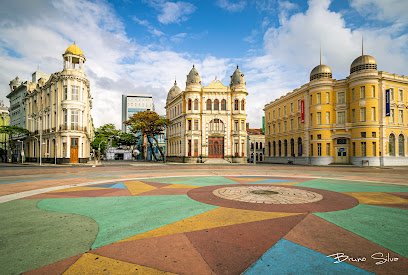
Centro Cultural Cais do Sertão
Discover the vibrant culture of Brazil's Northeastern backlands at this interactive museum and cultural center in Recife Antigo.
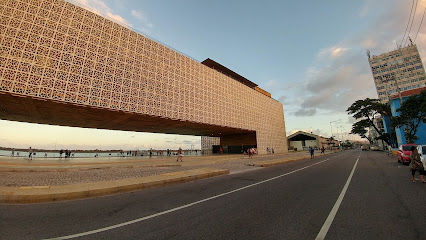
Paço do Frevo
Immerse yourself in the vibrant world of Frevo, a UNESCO-recognized dance and musical style, at this cultural hub in Recife, Brazil.
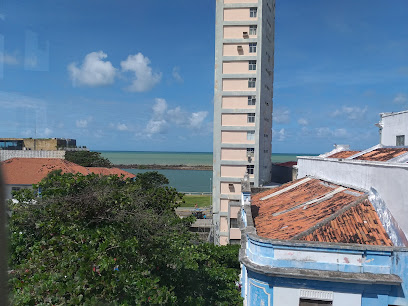
Recife City Museum
Explore Recife's captivating history within the walls of a 17th-century Dutch fort, filled with artifacts and stories of the city's evolution.
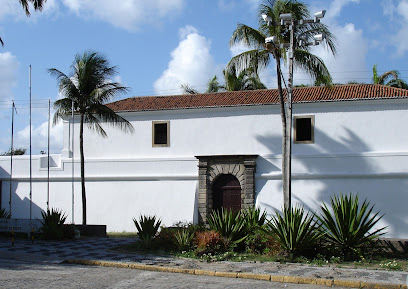
Parque de Esculturas Francisco Brennand
Discover Francisco Brennand's captivating sculptures in a unique open-air museum on Recife's waterfront, blending art and nature.
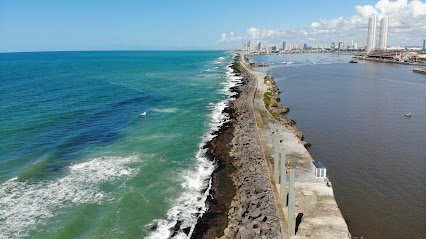
Rua do Bom Jesus
Explore Recife's historic Rua do Bom Jesus: a vibrant street with colorful colonial architecture, art, culture, and culinary delights.
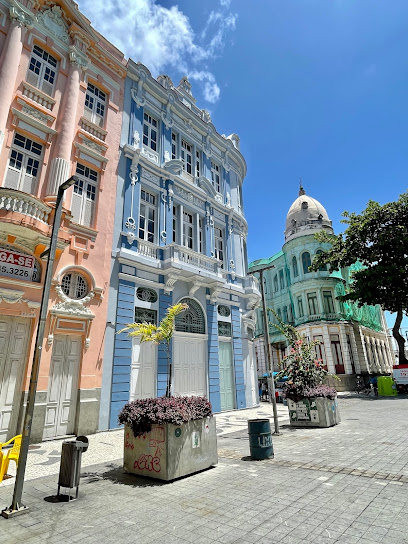
Ruínas do 2º Forte do Recife
Step back in time at the Ruínas do 2º Forte do Recife, exploring Brazil's colonial history amidst stunning ocean views and lush landscapes.
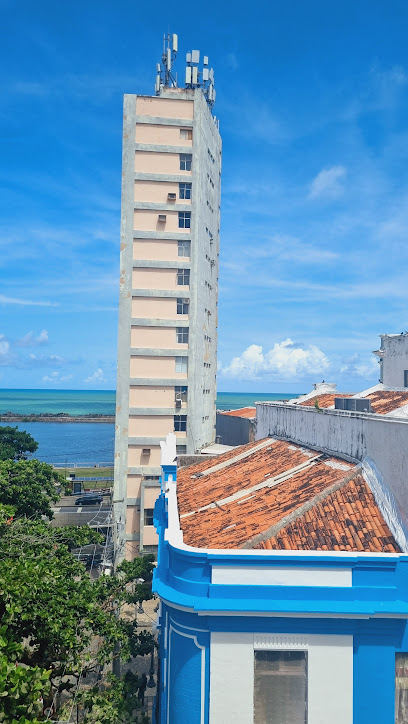
Farol do Recife
Explore Recife's maritime history at the iconic Farol do Recife, a guiding light offering stunning coastal views and cultural experiences.
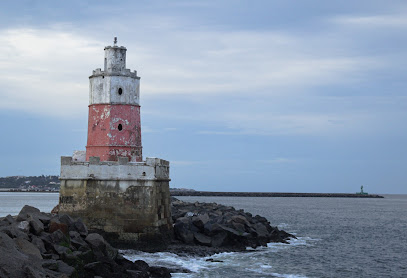
Recife
Discover Recife's historic heart at Praça Rio Branco, where the city began and culture thrives amidst colorful colonial architecture.
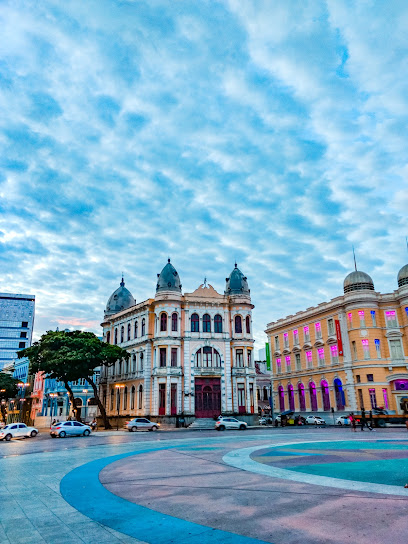
Antiga Muralha de Recife do Século XVII
Explore Recife's colonial past at the Antiga Muralha, a 17th-century defensive wall offering panoramic views and historical insights.
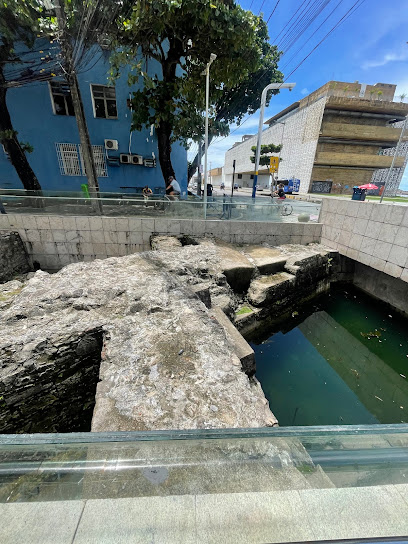
Unmissable attractions to see
Centro Cultural Cais do Sertão
Explore the vibrant culture of Brazil's Sertão region at this interactive museum honoring Luiz Gonzaga in Recife Antigo.
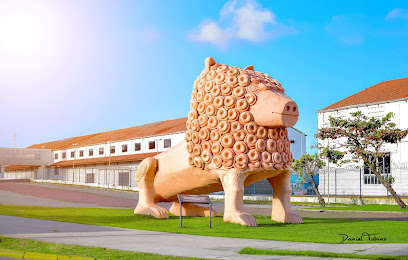
Pátio de São Pedro
Discover Recife's Pátio de São Pedro: A vibrant square where colonial history meets lively culture and artistic expression.
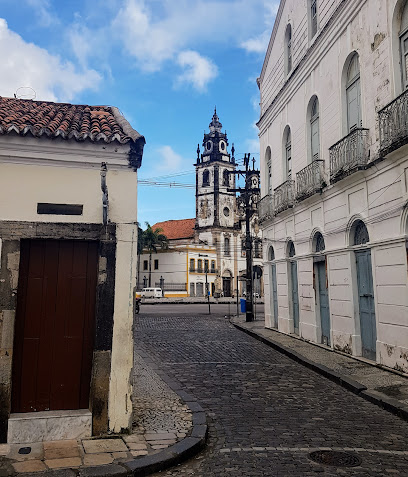
Pernambuco State Museum
Discover Pernambuco's rich history and culture through art and artifacts at this captivating museum housed in a beautiful 19th-century mansion.
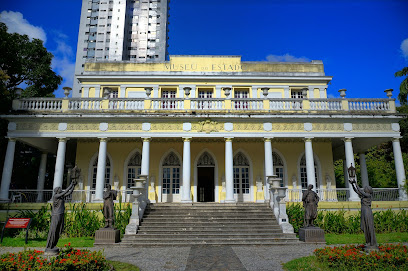
Forte de São João Batista do Brum
Explore a 17th-century fort in Recife, Brazil, with a rich history of Dutch and Portuguese conflict, now a military museum showcasing Brazil's past.
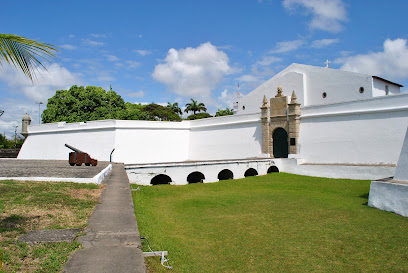
Parque de Esculturas Francisco Brennand
Explore the enchanting Parque de Esculturas Francisco Brennand in Recife, where art and nature intertwine to create a breathtaking outdoor museum experience.
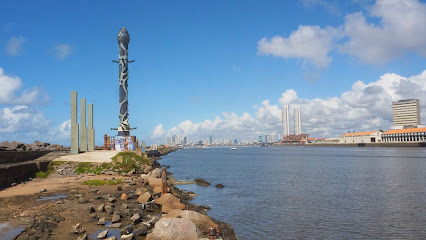
Rua do Bom Jesus
Explore Rua do Bom Jesus in Recife: a historic street with colorful colonial buildings, vibrant art, and rich cultural heritage.
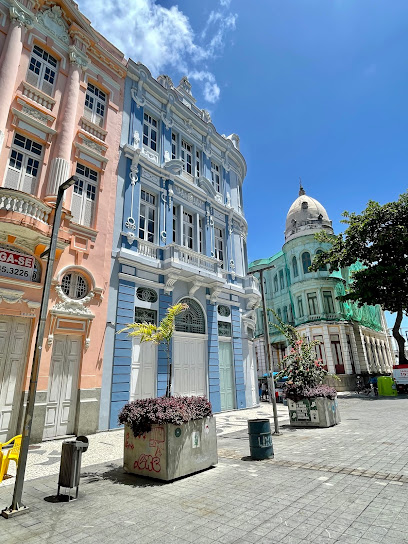
Essential places to dine
Rock & Ribs Lounge - Marco Zero
Experience the best of Recife at Rock & Ribs Lounge – where delicious burgers meet live music in an unforgettable atmosphere.
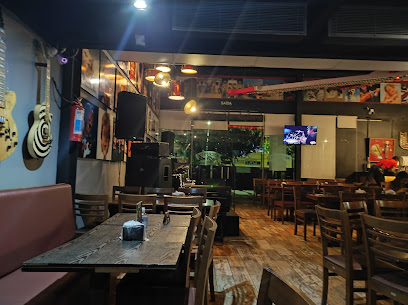
seu boteco
Experience authentic Brazilian cuisine at Seu Boteco, where fresh seafood meets vibrant atmosphere in the heart of Recife.
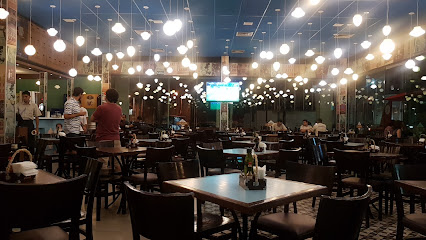
Restaurante Leite
Savor exquisite Brazilian and Portuguese cuisine at Restaurante Leite in Recife, where seafood meets cultural heritage for an unforgettable dining experience.
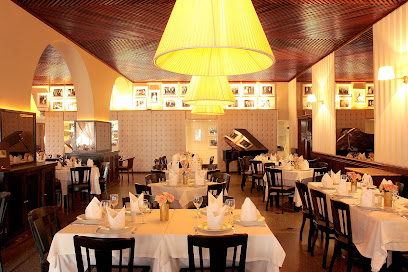
Cais Rooftop Lounge Bar
Experience breathtaking views and exquisite flavors at Cais Rooftop Lounge Bar in Recife – where culture meets culinary delight.
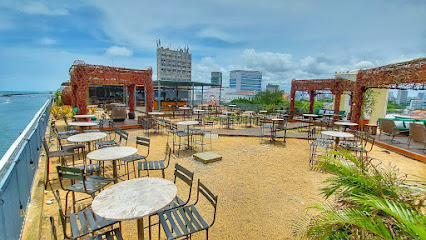
Armazém Rio Branco
Discover Armazém Rio Branco in Recife: A culinary haven blending local flavors with vibrant nightlife in a charming setting.
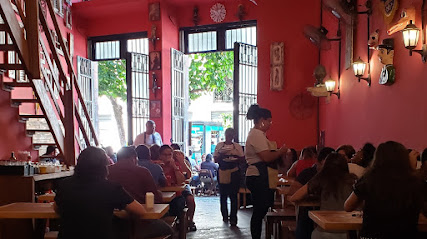
RESTAURANTE BRASILIANO
Experience authentic Brazilian cuisine at Restaurante Brasiliano in Recife with a diverse buffet that delights every palate.
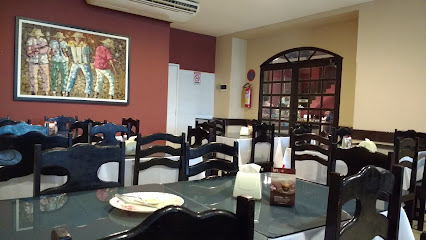
Restaurante Cultural Sabor de Pernambuco
Discover authentic Pernambucan cuisine at Restaurante Cultural Sabor de Pernambuco – where tradition meets flavor in every dish.
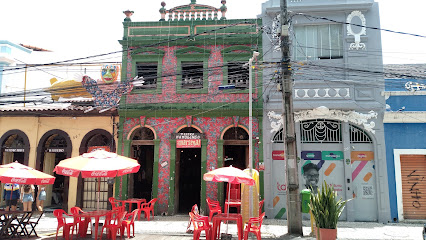
Arsenal do Sabor
Experience authentic Brazilian flavors at Arsenal do Sabor in Recife - where every dish is a celebration of local cuisine.
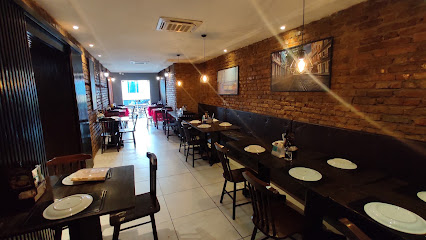
Retrô 17
Discover the culinary delights at Retrô 17 Bistro in Recife – where traditional flavors meet contemporary flair.
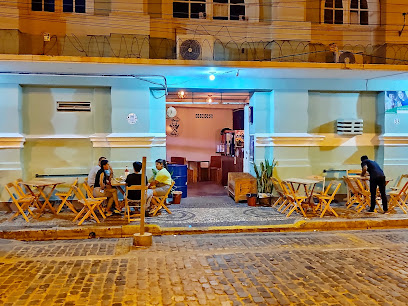
Restaurante Morangus - Recife Antigo
Discover authentic Pernambucan flavors at Restaurante Morangus in Recife Antigo - where tradition meets taste.
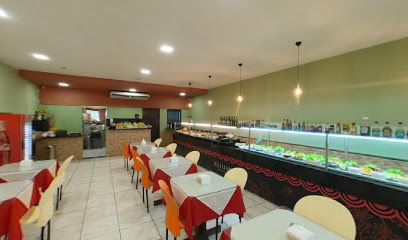
Markets, malls and hidden boutiques
Paço Alfândega - Office e Mall
Discover shopping, dining, and culture at Paço Alfândega, Recife's iconic mall blending history with modern retail.
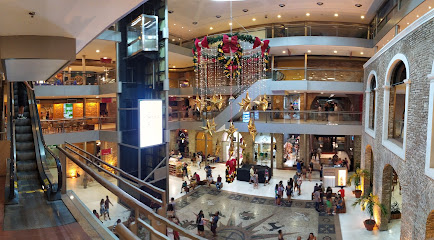
Centro de Artesanato de Pernambuco
Explore the rich traditions of Pernambuco at the Centro de Artesanato, where local crafts come to life in a vibrant cultural showcase.
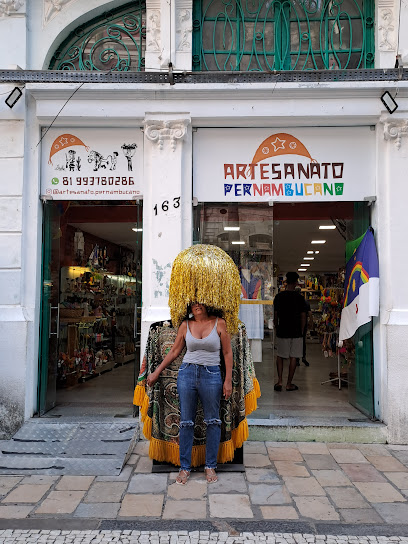
Livraria Jaqueira - Recife Antigo
Explore Livraria Jaqueira in Recife Antigo: a literary haven combining a vibrant bookstore with a cozy cafe ambiance.
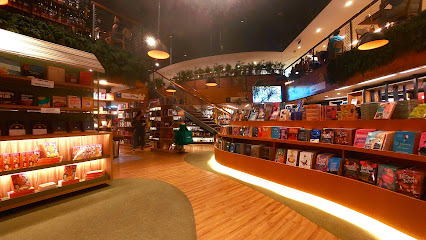
As Galerias
Experience the delightful blend of history and flavor at As Galerias, Recife's beloved snack bar and ice cream destination.
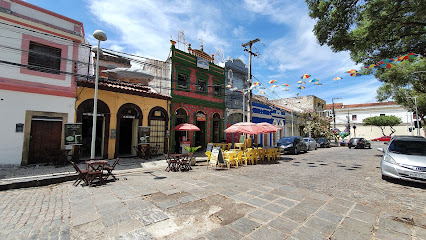
Golpe Store Recife Antigo
Explore a trendy T-shirt store in Recife Antigo, showcasing unique designs celebrating Brazilian culture and local artistry.
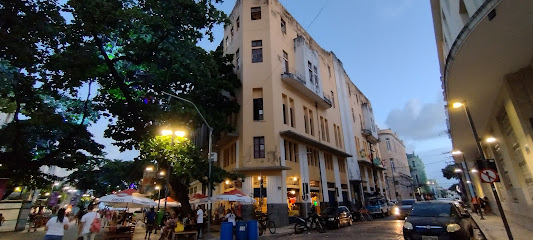
Mega Shop
Explore the Mega Shop in Recife for all your convenience needs, from local snacks to everyday essentials, right in the heart of the city.

Mistura POP
Experience the vibrant music culture of Recife at Mistura POP, a must-visit record store offering a diverse collection of vinyl and CDs.

Crabolando - Loja Colaborativa
Discover the charm of Recife at Crabolando, a collaborative gift shop featuring unique handmade crafts that reflect the region's vibrant culture.
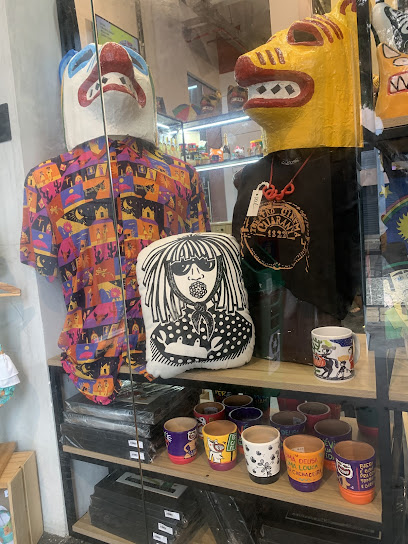
Barraca Aldeia das Artes
Discover the vibrant arts and crafts of Pernambuco at Barraca Aldeia das Artes, a unique gift shop in the heart of Recife.
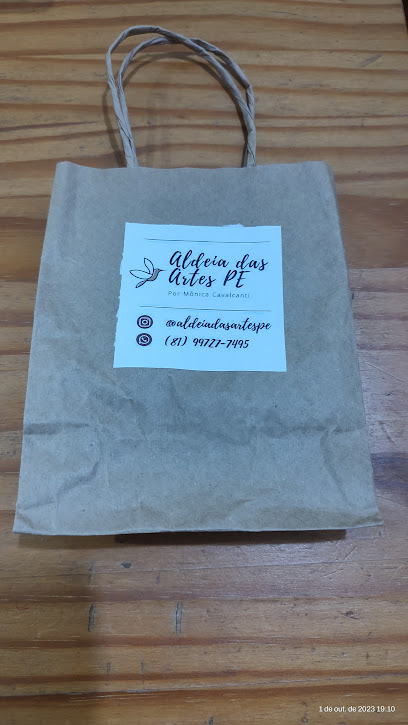
Jeke Presentes Comércio
Discover unique Brazilian souvenirs at Jeke Presentes Comércio, the perfect gift shop for tourists in Recife.
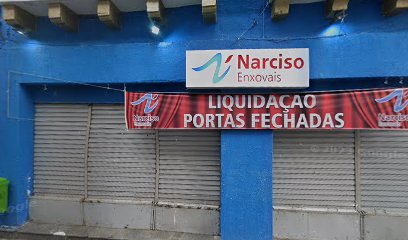
Essential bars & hidden hideouts
Bodega de Véio - Recife Antigo
Discover the vibrant atmosphere and local flavors at Bodega de Véio, a beloved bar in the heart of Recife Antigo, perfect for tourists and locals alike.
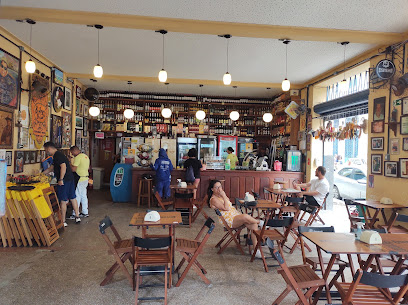
Babylon Station - Recife Antigo
Discover the vibrant beer garden scene at Babylon Station in Recife Antigo, where craft beers and delicious burgers meet local culture.
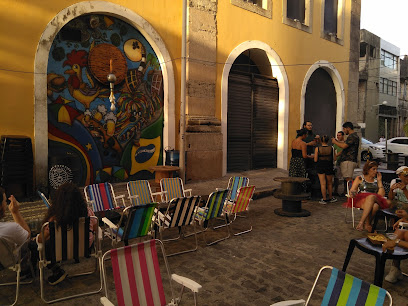
Cais Rooftop Lounge Bar
Experience the vibrant flavors and stunning skyline of Recife at Cais Rooftop Lounge Bar, a must-visit culinary destination.
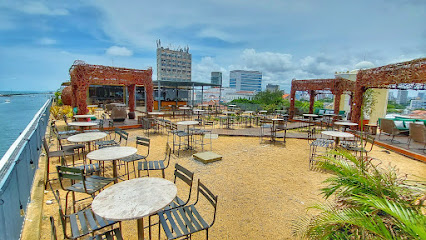
Burburinho Recifebar
Experience the vibrant atmosphere of Burburinho Recifebar, where delicious Brazilian cuisine meets live rock music in the heart of Recife.
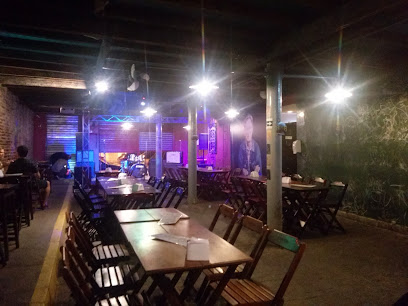
Bar Zero Um
Discover Recife's nightlife at Bar Zero Um, where cocktails and camaraderie await in a lively pub atmosphere.
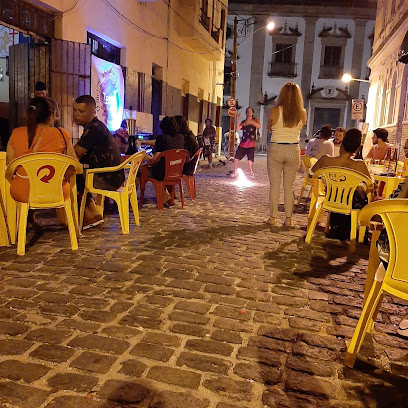
Rota do Marujo Bar Rest e Eventos-Praça da Moeda -Recife Antigo
Experience the lively spirit of Recife Antigo at Rota do Marujo Bar, where delicious cuisine meets vibrant nightlife in a historic setting.
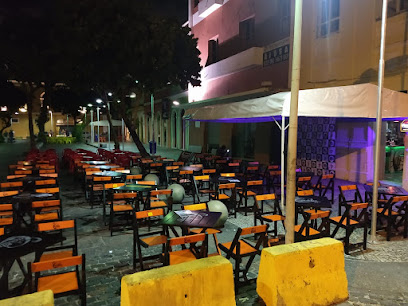
Torres Bar e Comedoria
Discover the lively Torres Bar e Comedoria in Recife, where delicious cuisine meets a vibrant atmosphere perfect for socializing and enjoying local drinks.
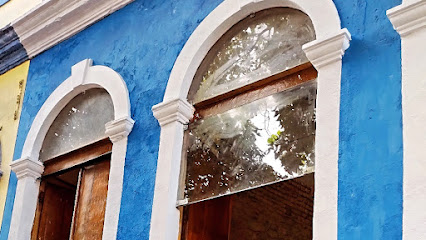
Bar Do Reggae
Experience the vibrant rhythms of reggae at Bar Do Reggae, a must-visit bar in Recife offering local drinks and live music.
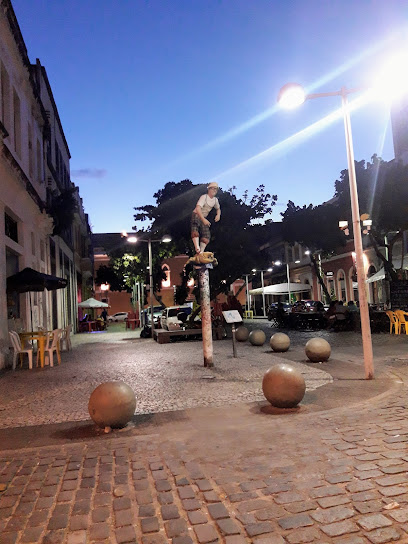
O Moedão - Bar
Discover the lively atmosphere and authentic flavors of Recife at O Moedão - Bar, the perfect spot for a memorable night out.
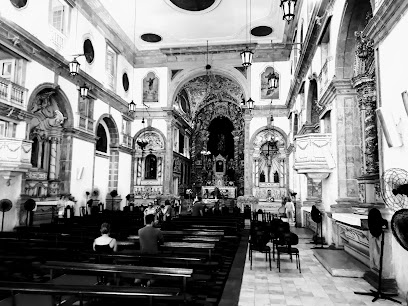
Bar 28
Discover the lively spirit of Brazilian nightlife at Bar 28 in Recife, where vibrant drinks and local culture come together for an unforgettable experience.
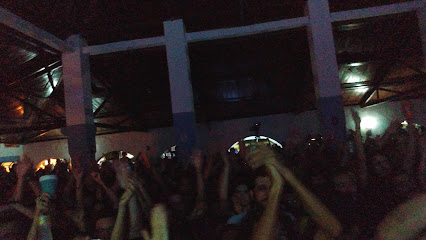
Local Phrases
-
- HelloOi
[oy] - GoodbyeTchau
[chow] - YesSim
[seem] - NoNão
[now] - Please/You're welcomePor favor/De nada
[por fah-vohr/de nah-dah] - Thank youObrigado
[oh-bree-gah-doh] - Excuse me/SorryCom licença/Desculpe
[kohm lee-sen-sah/dehs-kool-peh] - How are you?Como vai você?
[koh-moh vah-ee vo-seh] - Fine. And you?Bem. E você?
[behn/eh vo-seh] - Do you speak English?Você fala inglês?
[vo-seh fah-lah een-glehz] - I don't understandEu não entendo
[eh-oo now een-ten-doh]
- HelloOi
-
- I'd like to see the menu, pleaseEu gostaria de ver o cardápio, por favor
[eh-oo goh-stah-ree-ah deh vehr oo kahr-dah-pyoh/por fah-vohr] - I don't eat meatEu não como carne
[eh-oo now koh-moh kahr-neh] - Cheers!Saúde!
[sow-deh] - I would like to pay, pleaseEu gostaria de pagar, por favor
[eh-oo goh-stah-ree-ah deh pah-gahr/por fah-vohr]
- I'd like to see the menu, pleaseEu gostaria de ver o cardápio, por favor
-
- Help!Socorro!
[soh-koh-roh] - Go away!Vá embora!
[vah ehm-boh-rah] - Call the Police!Chame a polícia!
[shah-meh ah poh-lee-see-ah] - Call a doctor!Chame um médico!
[shah-meh oom meh-dee-koh] - I'm lostEstou perdido
[ehs-toh pehr-dee-doh] - I'm illEstou doente
[ehs-toh doh-en-teh]
- Help!Socorro!
-
- I'd like to buy...Eu gostaria de comprar...
[eh-oo goh-stah-ree-ah deh kohm-prahr] - I'm just lookingEstou só olhando
[ehs-toh soh oh-lahn-doh] - How much is it?Quanto custa?
[kwahn-too koos-tah] - That's too expensiveIsso é muito caro
[ee-soh eh muy-toh kah-roh] - Can you lower the price?Você pode baixar o preço?
[vo-seh poh-deh bahy-shahr oo preh-soh]
- I'd like to buy...Eu gostaria de comprar...
-
- What time is it?Que horas são?
[keh oh-rahz sah-oh] - It's one o'clockÉ uma hora
[eh oo-mah oh-rah] - Half past (10)Meio-dia
[may-oh dee-ah] - MorningManhã
[mahn-yah] - AfternoonTarde
[tahr-deh] - EveningNoite
[noh-ee-teh] - YesterdayOntem
[ohn-tehn] - TodayHoje
[oh-zheh] - TomorrowAmanhã
[ah-mahn-yah] - 1Um
[oom] - 2Dois
[doh-eez] - 3Três
[trehz] - 4Quatro
[kwah-troh] - 5Cinco
[seeng-koh] - 6Seis
[sayz] - 7Sete
[seh-teh] - 8Oito
[oy-toh] - 9Nove
[noh-veh] - 10Dez
[dehz]
- What time is it?Que horas são?
-
- Where's a/the...?Onde fica o/a...?
[ohn-deh fee-kah oh/ah] - What's the address?Qual é o endereço?
[kwahl eh oh ehn-deh-reh-soh] - Can you show me (on the map)?Você pode me mostrar (no mapa)?
[vo-seh poh-deh meh moh-strahr (noh mah-pah)] - When's the next (bus)?Quando é o próximo (ônibus)?
[kwahn-doh eh oh proh-kssee-moh (oh-nee-boos)] - A ticket (to ....)Uma passagem (para ....)
[oo-mah pah-sah-zheh (pah-rah)]
- Where's a/the...?Onde fica o/a...?
History of Recife Antigo
-
Recife Antigo, the historical heart of Recife, was established in the early 16th century when the Portuguese colonized Brazil. The neighborhood's strategic location along the Capibaribe River made it a key port for the sugar trade, leading to rapid development and the construction of significant structures such as the São Pedro dos Clérigos Church and the first fortifications, which laid the groundwork for the city's growth.
-
From 1630 to 1654, Recife Antigo came under Dutch control, a period marked by cultural exchange and architectural innovation. The Dutch West India Company promoted religious tolerance, attracting Jews and other European settlers. During this time, notable figures like Frans Post painted the landscape, and the neighborhood saw the construction of the Mauritsstad, a model city that incorporated parks, bridges, and vibrant public spaces.
-
The 19th century brought significant changes to Recife Antigo, as it transformed into a bustling commercial center. The construction of the Rua do Bom Jesus, home to the Kahal Zur Israel Synagogue—one of the oldest synagogues in the Americas—symbolized the neighborhood's growing multiculturalism. This era also saw the establishment of cultural institutions and the introduction of railways, linking Recife to other regions.
-
The late 19th and early 20th centuries marked a period of industrial growth in Recife, leading to urbanization and the decline of Recife Antigo as a commercial hub. Factories and residential areas spread, and many original structures fell into disrepair. This decline was accompanied by social challenges, including poverty and crime, as the population expanded beyond the historic core.
-
In recent decades, Recife Antigo has undergone significant revitalization efforts, transforming it into a cultural and tourist destination. The neighborhood now hosts vibrant festivals, art galleries, and music venues, celebrating its rich history and cultural diversity. Key events like the Carnival and the Festival de Inverno showcase the local culture, while projects such as the revitalization of the Praça do Arsenal reflect a commitment to preserving its historical heritage.
Recife Antigo Essentials
-
Recife Antigo is easily accessible from various neighborhoods in Recife. The most common way to reach it is by taking a taxi or rideshare service, which provides a direct and convenient option. Public transport options include the BRT (Bus Rapid Transit) system, with the nearest station being 'Barro', followed by a short taxi ride. If you’re coming from the airport, consider taking a taxi or shuttle service directly to Recife Antigo, which is about 12 km away.
-
Recife Antigo is a pedestrian-friendly neighborhood, ideal for exploring on foot. Bicycles can be rented from local shops, and there are bike lanes available. Public transportation options include local buses, but given the compact nature of the area, walking is often the best way to soak in the architecture and vibrant street life. Taxis and rideshare services are also readily available for longer distances.
-
Recife Antigo is generally safe during the day, but caution is advised, especially at night. Avoid wandering into deserted areas, particularly along the waterfront after dark. Areas known for higher crime rates include parts of the neighborhoods surrounding Recife Antigo. Always keep your belongings secure and be cautious of pickpockets in crowded areas.
-
In case of an emergency, dial 190 for police assistance or 192 for ambulance services. Local hospitals are available for urgent medical needs. It is advisable to have travel insurance that covers health emergencies. Pharmacies in the area can provide over-the-counter medications and first aid supplies.
-
Fashion: Do wear comfortable walking shoes and light clothing due to the tropical climate. Don’t wear excessively revealing clothing. Religion: Do respect local customs, especially when visiting churches; cover shoulders and knees. Public Transport: Do give up your seat for elderly passengers and women with children. Don't engage in loud conversations. Greetings: Do greet locals with a friendly 'Olá' and a smile. Eating & Drinking: Do try local street food and enjoy meals at family-run establishments. Don’t drink tap water; opt for bottled water instead.
-
To experience Recife Antigo like a local, visit the Mercado de São José for fresh produce and local crafts. Spend time at the Praça do Arsenal, especially during the weekends when local artists perform. Engage with the local community through festivals, particularly the Carnival season, which is vibrant in this area. Don't forget to try the local delicacy, 'bolo de rolo', a traditional rolled cake.
Nearby Cities to Recife Antigo
-
Things To Do in Fortaleza
-
Things To Do in Salvador
-
Things To Do in Brasília
-
Things To Do in Rio de Janeiro
-
Things To Do in São Paulo
-
Things To Do in Florianópolis
-
Things To Do in Albina
-
Things To Do in Moengo
-
Things To Do in Brokopondo
-
Things To Do in Mariënburg
-
Things To Do in Lelydorp
-
Things To Do in Paramaribo
-
Things To Do in Praia
-
Things To Do in Hernandarias
-
Things To Do in Foz do Iguaçu











